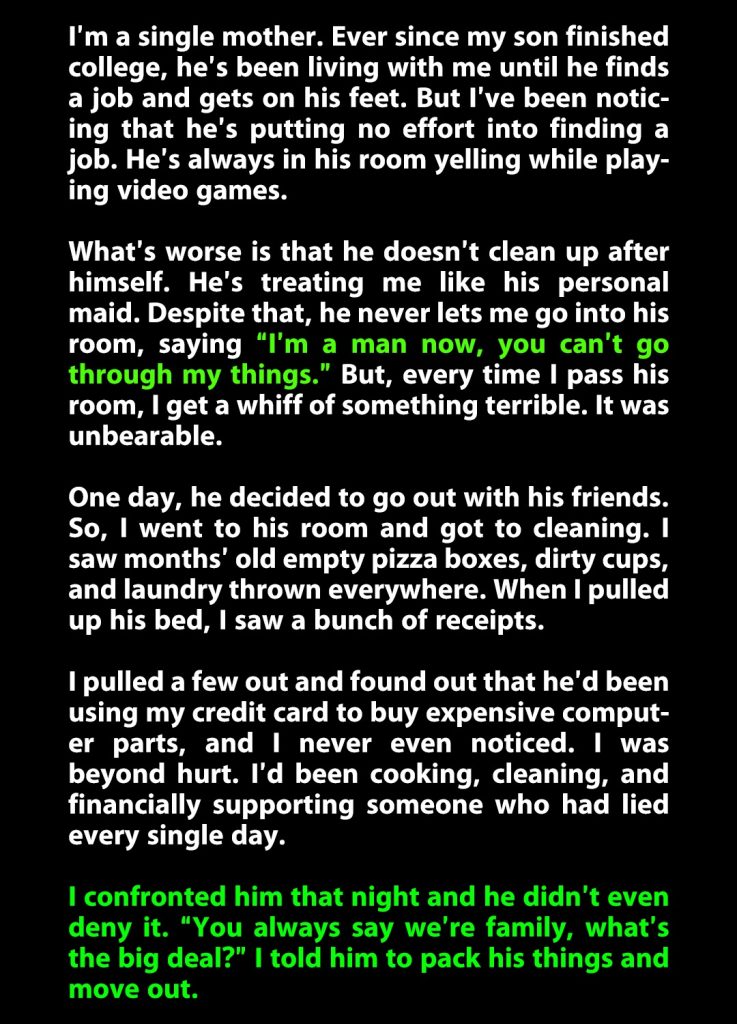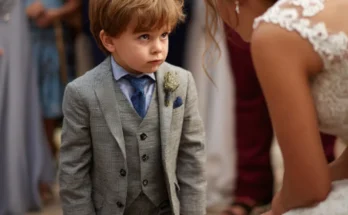For weeks, my son had been retreating deeper into himself. The door to his room became a barrier—not just physical, but emotional. Every knock was met with silence. Every attempt to connect was deflected with cold indifference. I told myself it was just teenage moodiness, the usual growing pains. But the unease in my chest kept growing.
One evening, I finally pushed past the threshold. He wasn’t there. Not really. His body was curled in the corner, surrounded by chaos—discarded food wrappers, torn notebooks, and walls covered in scribbled thoughts that made my heart sink. “I want you to hate me.” “Let me starve.” “I’m either 100% happy or 100% miserable.” These weren’t just words. They were cries.
He had been spiraling in silence, masking pain with defiance. He believed doctors were frauds, that therapy was for the weak. He mocked the idea of help, convinced his suffering was noble, even necessary. He played online games just to lose, relishing the humiliation. He wanted control, but what he really craved was escape—from expectations, from disappointment, from himself.
I realized then: this wasn’t rebellion. It was despair dressed as defiance. He wasn’t shutting me out to punish me—he was trying to protect me from the storm inside him. And in doing so, he was drowning alone.
I didn’t yell. I didn’t plead. I sat beside him, quietly. I told him I wasn’t there to fix him. I was there to feel with him. To listen. To stay.
That night didn’t change everything. But it cracked the door open. And sometimes, that’s all it takes.



